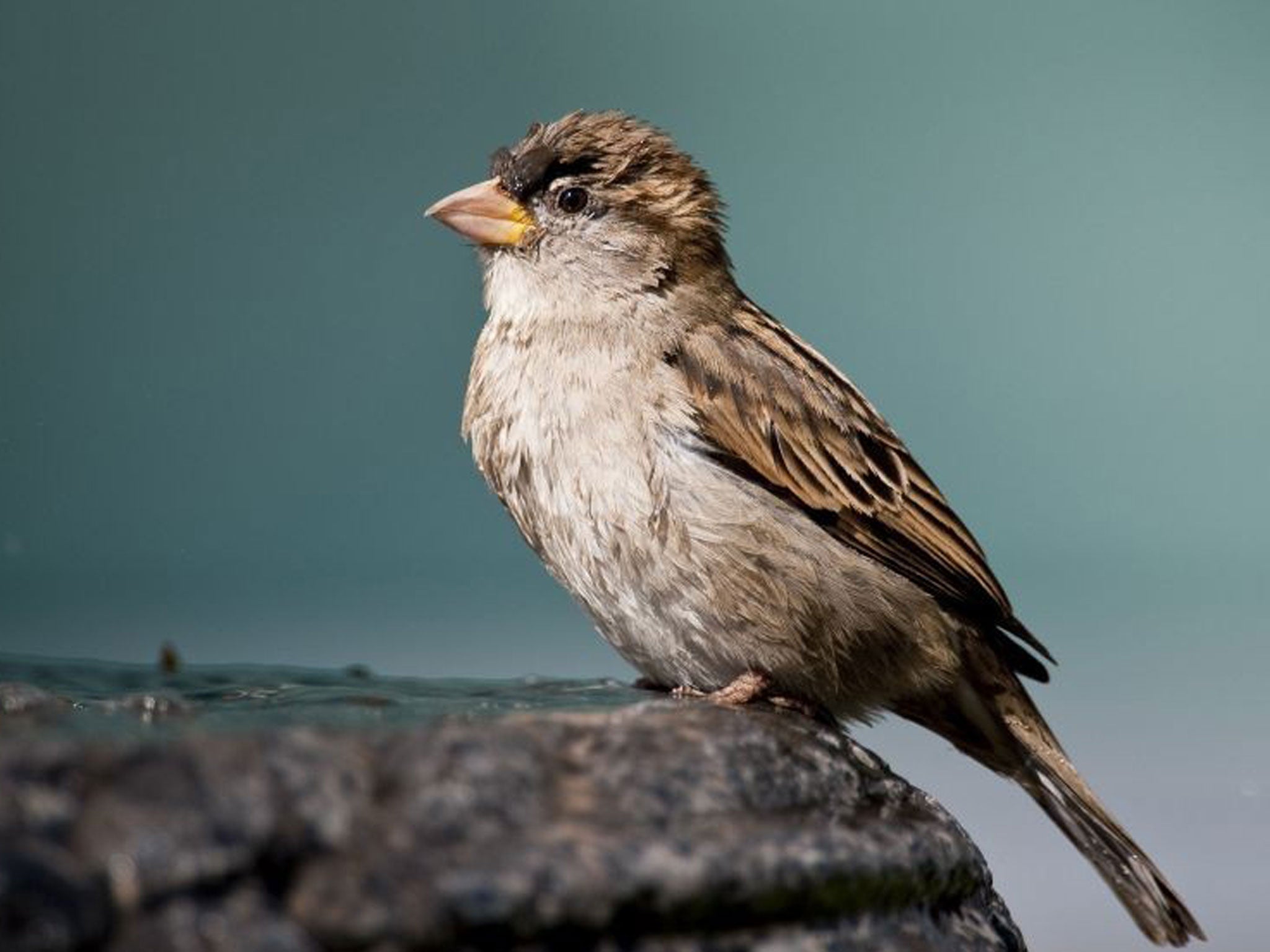Don’t be fooled by this crumb of hope for the sparrow
Our wildlife is not in a recession – it is slipping into a deepening depression

The news from the British Trust for Ornithology that the population decline of the urban House Sparrow has levelled off is encouraging news, but, in the context of the state of our wildlife, it is just a crumb of comfort. We should not be satisfied with crumbs.
When I was at university, there were 12 million pairs of House Sparrows in the UK. Nowadays, just after my kids have left university, there are about 6.5 million. In a human generation we have lost around half the population of a common and much-loved bird. When I look out of the window and see fewer House Sparrows then I am a little bit saddened. I like House Sparrows – they always strike me as admirably chirpy little birds. I would like a few million House Sparrows back, please.
If the House Sparrow were the only declining species, or one of just a few, I suppose I might shrug it off more than I can, knowing that it is just one of a whole range of birds from the Skylark to the Turtle Dove, and from the Starling to the Grey Partridge, which have tumbled in numbers in a human generation.
In May, wildlife conservation organisations published the State of Nature report showing that 60 per cent of studied UK species (birds, butterflies, bats etc) have declined in abundance over the last 50 years (31 per cent of them strongly) so the House Sparrow is far from alone – it is a part of a British wildlife malaise. To use an economic analogy, British wildlife is way beyond suffering a recession or two, it has been slipping into a deeper and deeper depression for decades. Does it matter?
I believe it does, not just because I like House Sparrows, but also because wildlife losses are part of a wider environmental picture of over-fishing, polluted waters and melting ice caps. The fall of a few million sparrows is symbolic of wider ecological damage and our unsustainable lifestyles.
Now and again it has felt as though politicians have understood the link between healthy wildlife populations, a healthy planet and a healthy future for our own species. But these have been fleeting moments – and we don’t seem to be having one right now. Have the Liberal or Labour party conferences been full of concern at the state of Britain’s wildlife? No, they haven’t. Will David Cameron be addressing environmental issues alongside Syria and the economy in Manchester this weekend? I’m not holding my breath.
Things could always be worse, but let us not be satisfied until they are much, much better. Instead of giving ourselves a round of applause when the House Sparrow population stops declining, we must give ourselves, and our government, a slow hand-clap because there should be much more action for the environment.
Dr Mark Avery (@markavery) is a former Conservation Director of the RSPB

Join our commenting forum
Join thought-provoking conversations, follow other Independent readers and see their replies